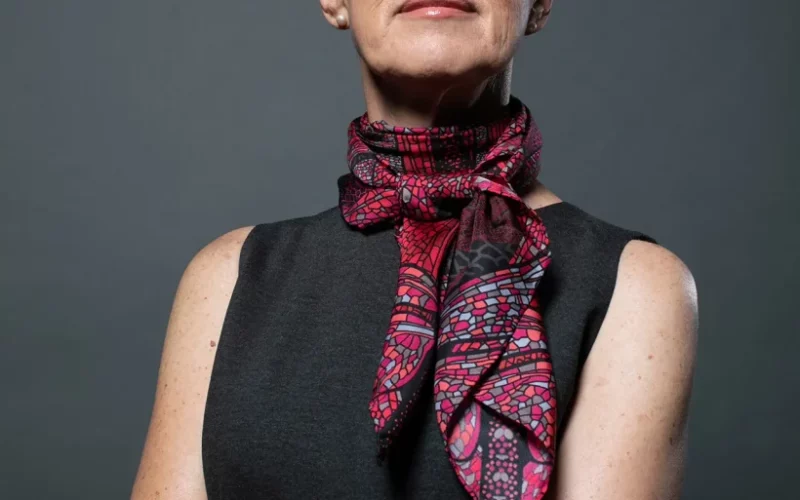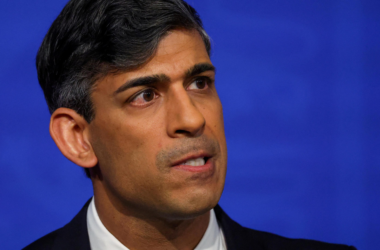As Claudia Sheinbaum, the leading candidate in Mexico’s presidential election, arrives for a rally in the packed park of Orizaba, the crowd chants “Presidenta!” Those in attendance are confident she will become Mexico’s first female president. Polls indicate they may be right. With her closest rival, Xóchitl Gálvez, also a woman, and the only male candidate trailing far behind, Mexico is poised to break centuries of male dominance in its highest office.
Ms. Sheinbaum, a member of the governing Morena party, speaks fluent English and sees the presence of two leading female candidates as a sign of Mexico’s evolving society. “It’s a symbol for Mexico. I think it’s also a symbol for the world,” she said. “Mexico has been called a machista country for many years. But Mexicans are now governed by many women and that’s a change,” added the former mayor of Mexico City, referring to gender parity in the cabinet and the high number of female state governors. “I see young girls who are excited that a woman is going to be president. And it changes the culture for women and for men.”
Mexico faces significant challenges, particularly in addressing violence against women, with around 11 women murdered daily on average. Ms. Sheinbaum acknowledged the need for more efforts to reduce this violence. Veracruz, one of the worst states for femicides, recently witnessed the gruesome murder of 23-year-old Isamar Galindo. “Profound cultural changes don’t happen overnight,” said Ms. Sheinbaum regarding the ingrained issues of machismo and gender-based violence.
Throughout her campaign, Ms. Sheinbaum has promised to continue the social and political process initiated by her mentor, President Andrés Manuel López Obrador, known as the “Fourth Transformation of Mexico.” This movement has introduced popular social development measures, such as student grants and a universal state pension, which opposition candidates have vowed to maintain.
Ms. Sheinbaum’s main rival, Xóchitl Gálvez, has criticized President López Obrador as a populist and portrayed Ms. Sheinbaum as his puppet. However, Ms. Sheinbaum remains confident in her identity and mission. “I feel sure about myself. I don’t care about these things they say. Of course, I’m from the same movement as López Obrador. We fought together for more than 20 years to have the government we have, for the opportunities and rights we’ve won for Mexicans. I’m going to live a different time in history, but I’m going to govern with the same principles and that’s a good thing for Mexican people.”
Meanwhile, Ms. Gálvez, representing a conservative opposition coalition, has accused the government of cronyism and mismanagement of social spending. In the last televised debate, she highlighted the struggles of Mexicans facing extreme poverty and promised to lower the pensionable age from 65 to 60.
In rural Veracruz, the coffee industry serves as a microcosm of the gender issues at play. The FemCafe women’s cooperative in Ixhuatlán del Café is an exception in a male-dominated field. Gisela Illescas, the cooperative’s founder, emphasized the need for gender-conscious leadership. “It’s not just about being a woman but about being gender-conscious, which is a very different thing. For example, the agricultural ministry has never been led by a woman. And a women’s perspective in that role would make a huge difference to the rural sector,” she said.
At Sheinbaum’s rally in Orizaba, the crowd also chanted “la primera!” (“the first”). While other Latin American countries have had female presidents, a woman leading Mexico would be a significant and overdue milestone. However, the greater challenge lies in dismantling decades of sexism, inequality, and gender-based violence in a deeply patriarchal society.








